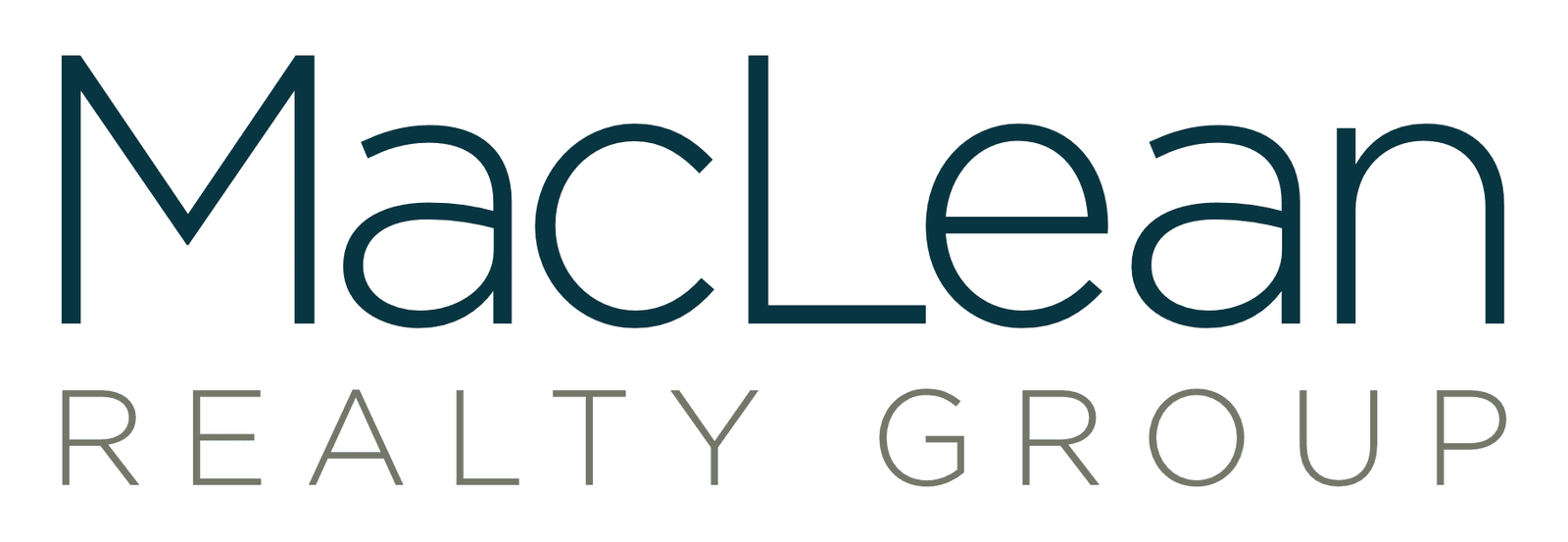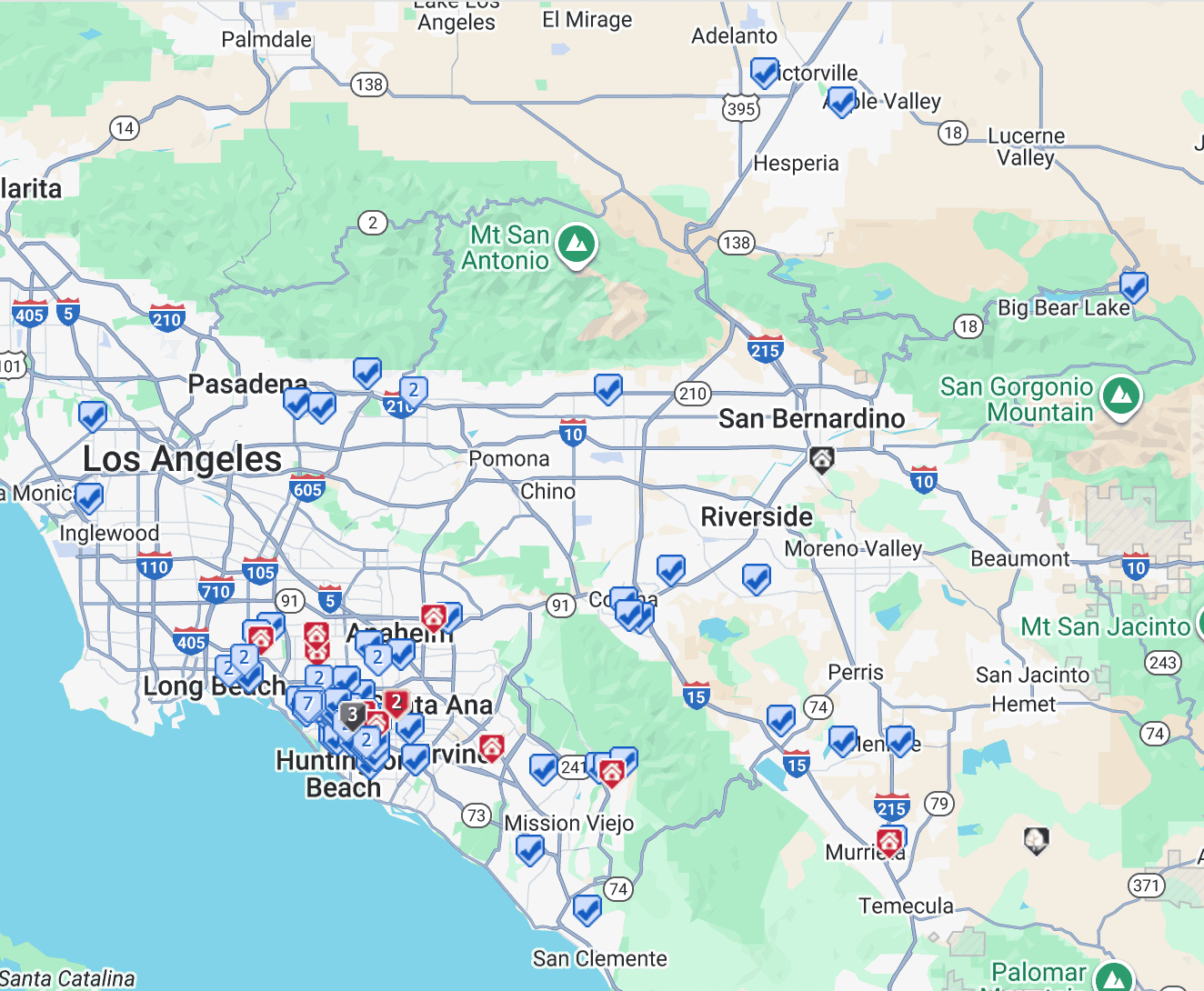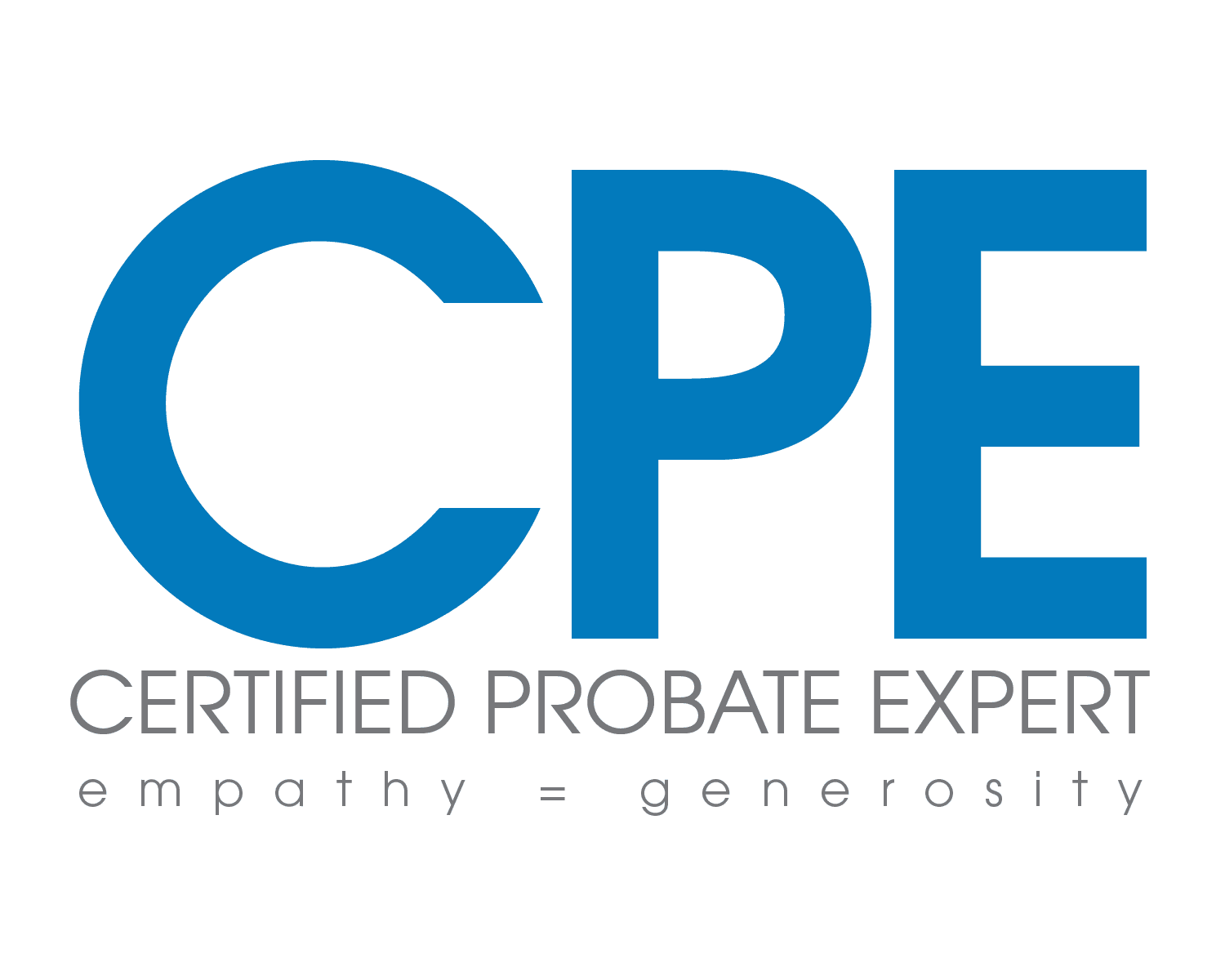
Navigating Medi-Cal’s estate recovery rules can be daunting, especially when it comes to protecting assets held in trusts. Many Californians rely on Medi-Cal for healthcare, but they worry about the state recovering costs from their estate after they pass away. A common question is: Can Medi-Cal recover money from a trust? The answer depends on the type of trust, when the Medi-Cal recipient passes away, and changes in California law that took effect in 2017. Let’s break it down.
Understanding Medi-Cal Estate Recovery
Medi-Cal, California’s Medicaid program, provides healthcare coverage for low-income individuals, including long-term care. Federal law requires states to seek recovery of certain Medi-Cal costs from a deceased recipient’s estate, particularly for nursing facility care, home and community-based services, and related hospital or prescription drug costs. In California, estate recovery is governed by Welfare and Institutions Code Section 14009.5, but significant changes in 2017 narrowed the scope of what Medi-Cal can claim.
Before diving into trusts, here are key points about Medi-Cal recovery:
- Recovery only applies after the recipient’s death and is limited to specific services (e.g., nursing home care).
- Recovery is prohibited if the recipient is survived by a spouse, registered domestic partner, minor child (under 21), or a disabled child of any age.
- Since January 1, 2017, California limits recovery to assets subject to probate, a major shift from earlier rules.
Revocable Living Trusts: Protected Post-2017
A revocable living trust is a popular estate planning tool that allows assets to pass to beneficiaries without going through probate. For Medi-Cal recipients, this trust type offers significant protection from estate recovery under current California law.
- Post-2017 Rule Change: For recipients who die on or after January 1, 2017, Medi-Cal can only recover from assets in the probate estate. Since assets in a revocable living trust pass outside of probate, they are generally safe from Medi-Cal recovery. This makes revocable living trusts a powerful tool for shielding assets like a home or savings from Medi-Cal claims.
- Pre-2017 Rules: If a recipient died before January 1, 2017, Medi-Cal could recover from a broader definition of “estate,” including assets in revocable living trusts, as allowed by federal law at the time.
- Caveat: While revocable trusts protect against recovery after death, they don’t help with Medi-Cal eligibility during life. Since the grantor retains control over the trust, assets are still countable when determining Medi-Cal qualification.
Irrevocable Trusts: A Stronger Shield
Irrevocable trusts, such as a Medi-Cal Asset Protection Trust (MAPT), offer even greater protection. When assets are transferred to an irrevocable trust, the grantor no longer owns them, placing them beyond Medi-Cal’s reach.
- Estate Recovery Protection: Assets in an irrevocable trust are not part of the recipient’s estate, so Medi-Cal cannot recover them, regardless of when the recipient passes away. This makes irrevocable trusts ideal for long-term asset protection.
- Medi-Cal Eligibility: Irrevocable trusts can also help qualify for Medi-Cal by removing assets from the countable asset limit. However, transfers to the trust must occur outside the 30-month look-back period (note: California eliminated the asset limit for Medi-Cal eligibility as of January 1, 2024, simplifying this process).
- Trade-Off: The downside is that the grantor gives up control over assets in an irrevocable trust, which requires careful planning and legal guidance.
Practical Tips for Protecting Your Assets
To safeguard your estate from Medi-Cal recovery, consider these strategies:
- Use a Revocable Living Trust: For most Californians, a properly funded revocable living trust ensures assets pass outside probate, protecting them from Medi-Cal recovery for deaths on or after January 1, 2017. Ensure all major assets (e.g., home, bank accounts) are titled in the trust’s name.
- Consider an Irrevocable Trust: If you’re planning far in advance, an irrevocable trust like a MAPT can protect assets from both recovery and eligibility calculations. Work with an elder law attorney to set this up correctly.
- Avoid Probate: Assets passing through a will are subject to probate and vulnerable to Medi-Cal recovery. A trust is far more effective than a will for asset protection.
- Plan Early: Medi-Cal rules are complex and subject to change. Consulting an elder law attorney early can help you structure your estate to minimize recovery risks while ensuring Medi-Cal eligibility.
Exemptions and Limitations
Medi-Cal recovery isn’t always a threat. Recovery is barred in several cases:
- If the recipient is survived by a spouse, domestic partner, minor child, or disabled child.
- If there are no probate assets (e.g., everything is in a trust or passes via beneficiary designation).
- For services not covered by federal recovery mandates (e.g., some non-nursing care).
Additionally, recovery only applies to costs for specific services, like nursing home care or home-based services, not all Medi-Cal benefits.
Why Legal Advice Matters
While trusts are powerful tools, their effectiveness depends on proper setup and funding. A trust that isn’t correctly drafted or funded (e.g., assets not properly titled in the trust) may not protect against Medi-Cal recovery. An elder law attorney can:
- Ensure your trust complies with Medi-Cal rules.
- Advise on eligibility planning, especially for long-term care.
- Help you balance asset protection with access to Medi-Cal benefits.
Conclusion
Medi-Cal estate recovery is a valid concern, but with the right planning, you can protect your assets. For recipients passing away on or after January 1, 2017, a revocable living trust generally shields assets from recovery by avoiding probate. For stronger protection, an irrevocable trust can safeguard assets from both recovery and eligibility calculations. The key is to plan ahead and seek professional guidance to navigate California’s complex Medi-Cal rules.
For more information, visit the California Department of Health Care Services or consult an elder law attorney to secure your financial legacy.
If you need any help or guidance do not hesitate to reach out. Simply send us a message or book an appointment.








